We tend to think that racism will one day be overcome. But this belief in incremental progress isn’t shared by many black scholars. The much maligned and misunderstood founder of Critical Race Theory, Derrick Bell, pronounced racism a permanent feature of American society. His argument that the very foundations of liberal democracy in the United States make equality between white and black people impossible might be hard to accept, but it remains valid, writes Tommy J. Curry.
The recent debate over Critical Race Theory in the United States is more evidence of the irreconcilability of anti-Black racism within democracies controlled and managed by whites. Following the lead of former President Donald Trump, many states have passed legislation demanding that conversations about anti-Black racism and the violence of whites be banned from primary school and university curricula. These policies aim to not only silence the criticisms made by Black and other non-white scholars over the last three centuries but hope to repair the alleged damage Black radicalism has had on the ethos and virtues of white civilization.
At the same time, talks of Critical Race Theory has been adopted and gentrified by academics without any relevant training or engagement with the canonical works of this intellectual tradition. As a result, Critical Race Theory has been watered down, even as it is being demonized by the right. It is therefore important to underline its unique approach to understanding the relationship between race, power and liberal democratic institutions: “Unlike traditional civil rights, which embraces incrementalism and step-by-step progress, critical race theory questions the very foundations of the liberal order, including equality theory, legal reasoning, Enlightenment rationalism, and neutral principles of constitutional law”. One of the key theses of Critical Race Theory is that racial equality under the current system of liberal American constitutional democracy is impossible.
1. The Foundations of Critical Race Theory
Since the passing of Brown v. Board of Education and the end of the Cold War, the conversation concerning the place of Black peoples within empires and colonies disappeared from the forefront of scholarly analysis. Many institutions of higher education followed Harvard’s Core Curriculum Report which urged the creation of a liberal arts curricula emphasizing the triumph and superiority of Western philosophy and civilization to stave off the racial and anti-colonial dissent of the 1960s and 1970s. It should come as no great surprise then that the debate over Critical Race Theory does not accurately represent the actual intellectual tradition started by Derrick Bell in the late 1970s as a response to the failure of the American civil rights movement and the integrationist project, but rather emphasizes the dangers associated with educating young people in white societies about the failure of democracy and the tyranny that white populations have lethally imposed on the darker races for the last several centuries.
___
It has come as a great surprise to whites that the Black scholars that have informed Critical Race Theory do not believe in the promises of Western democracy or the delusion that racial equality is possible in these white democratic societies.
___







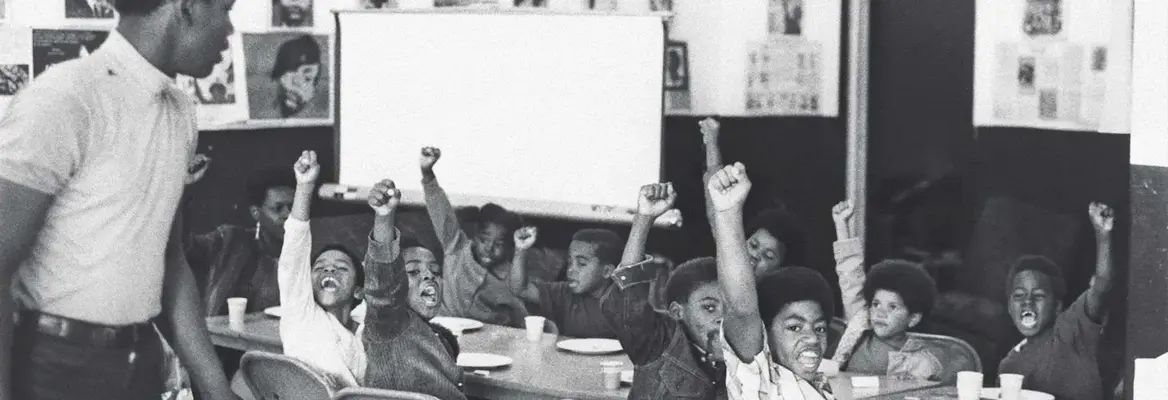


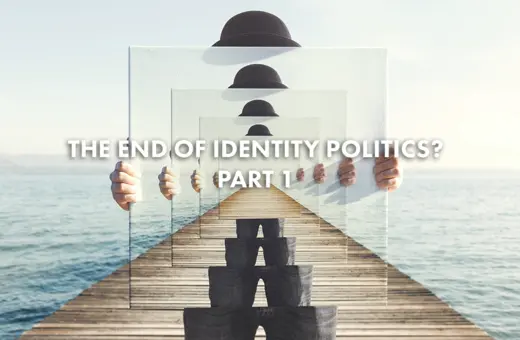
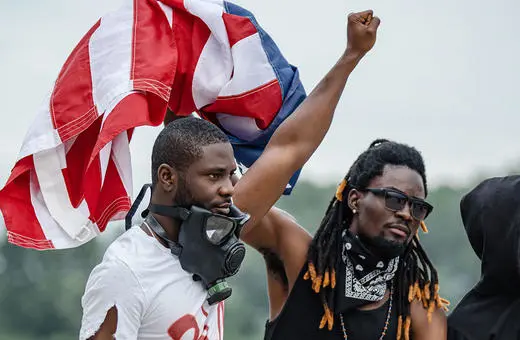



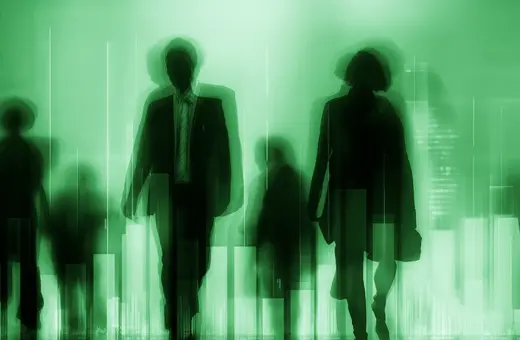
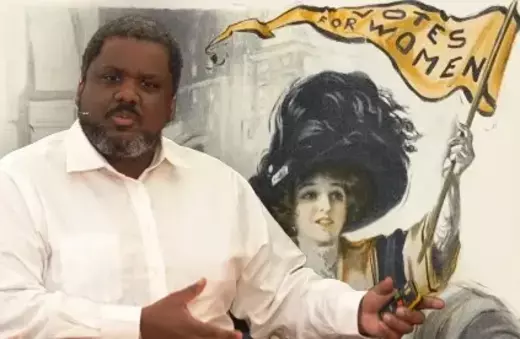




Join the conversation